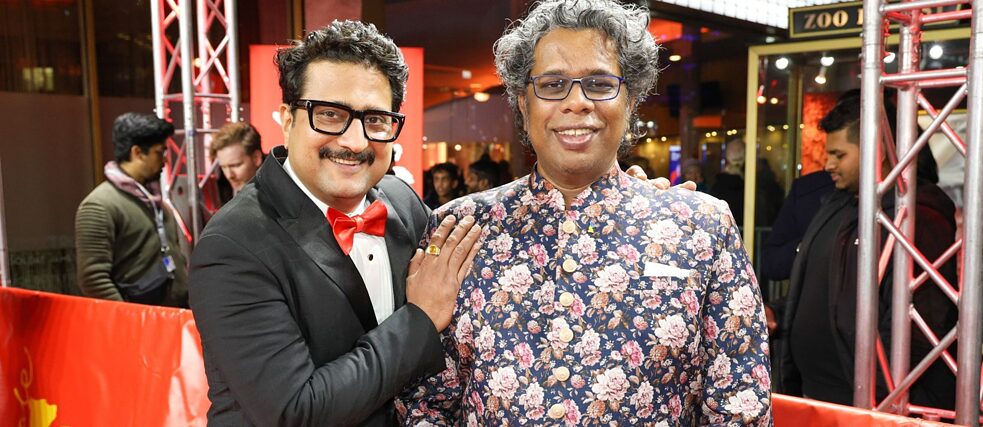Thriller
A cat and mouse game in the jungle, where everyone is a suspect and nobody is spared

A slick action thriller set in the dense forests of central India, Ghaath pits the jungle as a central character where much of the action happens.
What happens when systemic corruption in law enforcement crosses with guerilla warfare? Screened in the Panorama section of Berlinale this year, the Marathi feature Ghaath directed by Chhatrapal Ninawe attempts to answer that question. Even though at the core of Ninawe’s Ghaath is the jungle, it is much more than a simplistic story of corruption and mob-justice. It’s also about the tale of ordinary indigenous lives, who consider jungles their home and livelihood, caught in the crosshairs of conflict with often brutal results.
Having been raised in and around Nagpur, Ninawe says he was never too far from the dense jungles of central India. Even as Nagpur is a perfectly safe city to live in, these jungles, rife with wildlife and often-violent, armed naxalites, who took to guerilla warfare in the name of struggle for tribal rights, lurk right in its backyard.
Ninawe recollects his first memory of coming face to face with a group of naxalites when he was only ten years old. “I was sent to my uncle’s home for summer vacation and was visiting a lake inside a forested area. A band of ten armed people came into the spot and that was my first encounter with naxalites,” he says.
As a director with a film in his hand, shooting inside the forests meant hunting for locations in dense and dangerous areas. “I wanted to visit the jungles for location hunting before I started the film but my producers disallowed it because it’s too dangerous to travel since there was still naxalite unrest,” he recounts.
City Bred with a passion for forests
While jungle fascinated Ninawe, to populate his film with realistic characters, he made an organic decision to include the naxalites and their conflict in Ghaath, which grew out of a short film he made earlier. “I always wanted to make a film on jungles and my only goal was to make a film set in the forests I grew up around,” he says.
The result is a gripping two-hour long tour de force in which the basic human instinct of survival trumps moral or ethical conundrums. As the state machinery languorously labours on, justice in the jungle is often accompanied by brutality. Added to that, sometimes even the jungle as a force of nature metes out justice on its own. Using Ghaath, Ninawe dissects all these themes alongside the perils of lawlessness in guerilla warfare and how it crosses with the plights of ordinary indigenous lives.
Workshopping actors
With near-flawless casting that shoulders the responsibilities of a tightly written script, every actor in the film delivers pitch-perfect acting. Ninawe says most of his actors have theatre background, in addition to which he employed local actors from Vidharba and around.
Stand-outs include Jitendra Joshi who plays the ACP, Janardan Kadam who plays the wise forest dwelling Perku, Dhananjay Mandaokar as Falgun an undercover naxalite on the run and Suruchi Adarkar who plays the brilliantly effective Kusari. One of the highlights of Ninawe’s writing is the layers that get unpeeled as the character of Perku is introduced. Perku is the embodiment of wisdom even though he hadn’t seen anything beyond the forests.
Feminist ending
The strength of the film also lies in the fact that its ending signifies strong feminist values. Upon being asked, Ninawe confesses he has been getting a lot of feedback over that aspect. “Frankly speaking, I wasn’t thinking of a feminist ending but somewhere along the line, human rights converge and intersectionality naturally emerges,” he says.
Ninawe says he’s thankful for the festival organizers and the Panorama selection committee for providing his film a platform. Ghaath was well received and the viewers at the public screenings in Berlin gave him a standing ovation and received the film with thoughtful questions over the audience interaction sessions.
Ninawe hopes the film will receive a theatrical release in India this year, having moved on from Ghaath already to write a script for a potential second feature.
About the author
Prathap Nair is an independent cultural journalist based in Düsseldorf, Germany, who covers the Berlinale for major Indian publications.
